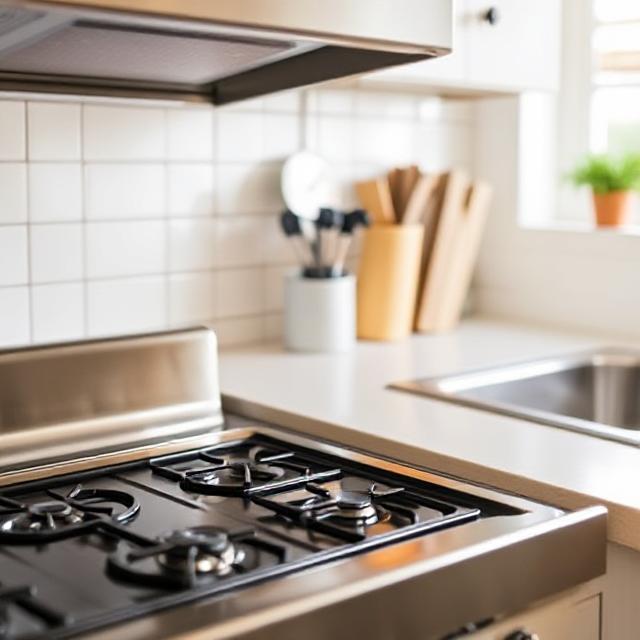Why Essential Oils Clean Better Than You Think
*"A 2022 NIH study found tea tree oil kills 99.9% of household bacteria - just as effective as bleach!"*
How They Work:
Antimicrobial properties break down germs
Acidic compounds dissolve grease and grime
Volatile molecules penetrate tough stains
1. Tea Tree Oil (Melaleuca)
✅ Kills: Mold, E. coli, staph
💡 Best for:
DIY disinfectant spray (10 drops + 1 cup water)
Shower mildew prevention
Science Says: University of Manchester researchers found it eliminates drug-resistant bacteria.
2. Lemon Oil
✅ Dissolves: Grease, soap scum, hard water stains
💡 Power Trick:
Mix with baking soda for oven cleaning paste
Add to dishwasher for spot-free glasses
Warning: Phototoxic - don't use on surfaces in direct sunlight.
3. Eucalyptus Oil
✅ Eradicates: Dust mites, flu viruses
💡 Secret Use:
Add to mop water for germ-killing floors
Soak sponges in eucalyptus water to disinfect
Study Proof: NIH shows it reduces airborne bacteria by 80%.
4. Peppermint Oil
✅ Repels: Mice, ants, spiders
💡 Unusual Hack:
Cotton balls soaked in peppermint deter pantry pests
Cleans marker stains off walls
Bonus: Leaves a cooling sensation on cleaned surfaces!
5. Lavender Oil
✅ Neutralizes: Odors, pet smells
💡 Pro Tip:
Add to laundry for fresh-smelling clothes
Mix with vinegar for a calming surface cleaner
Fun Fact: Used in French hospitals as a disinfectant since WWI.
6. Orange Oil
✅ Cuts Through: Sticky residues, wax buildup
💡 Heavy-Duty Use:
Removes price tag glue from glass
Degreases range hoods
Caution: Can strip wood finishes - dilute properly.
7. Thyme Oil
✅ Destroys: Salmonella, listeria
💡 Kitchen Must-Have:
Sanitize cutting boards
Clean refrigerator interiors
Research: USDA approved it as a meat disinfectant.
How to Use Them Safely
⚠️ Golden Rules:
Always dilute (10 drops per cup of water)
Never ingest cleaning solutions
Store in dark glass bottles
















